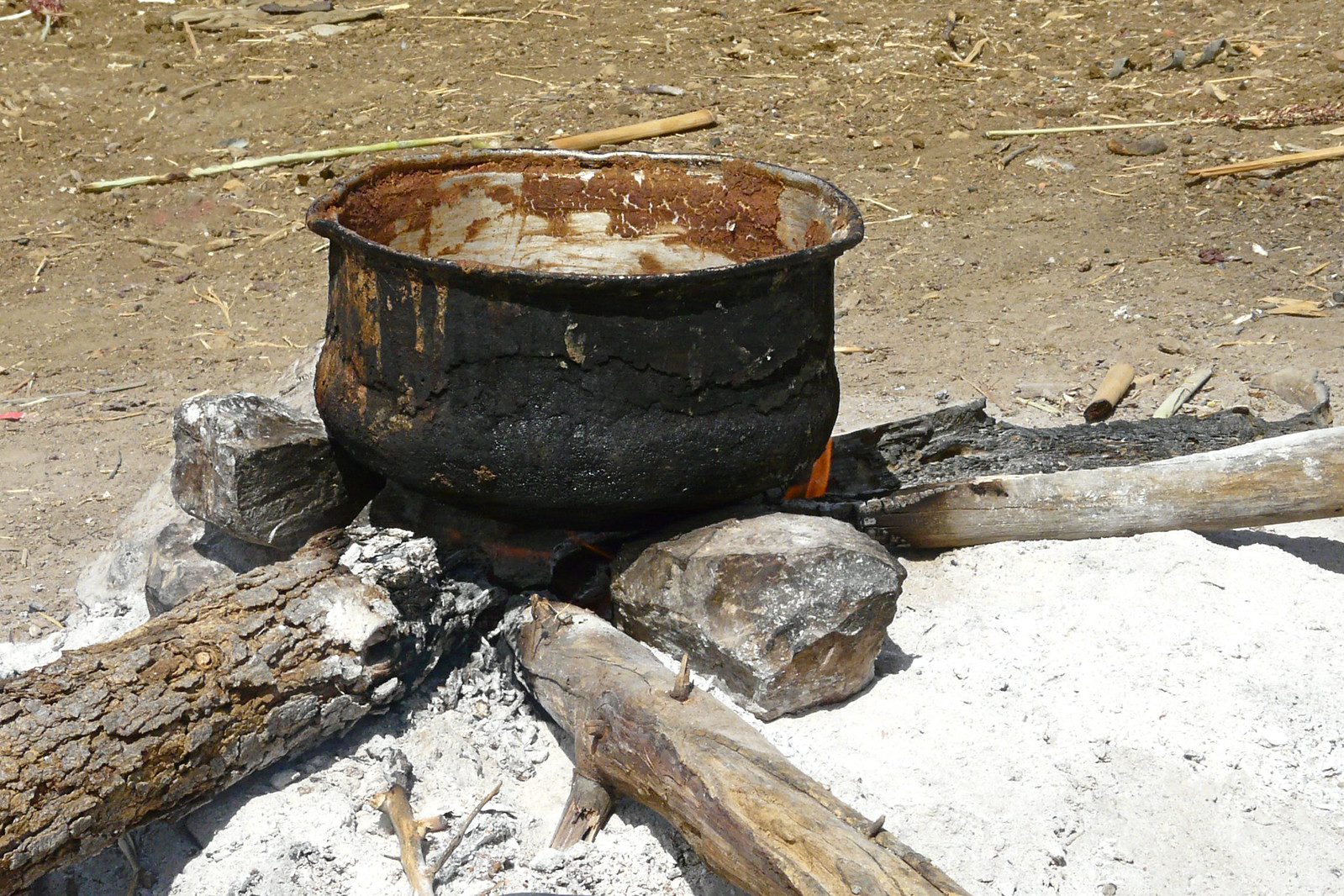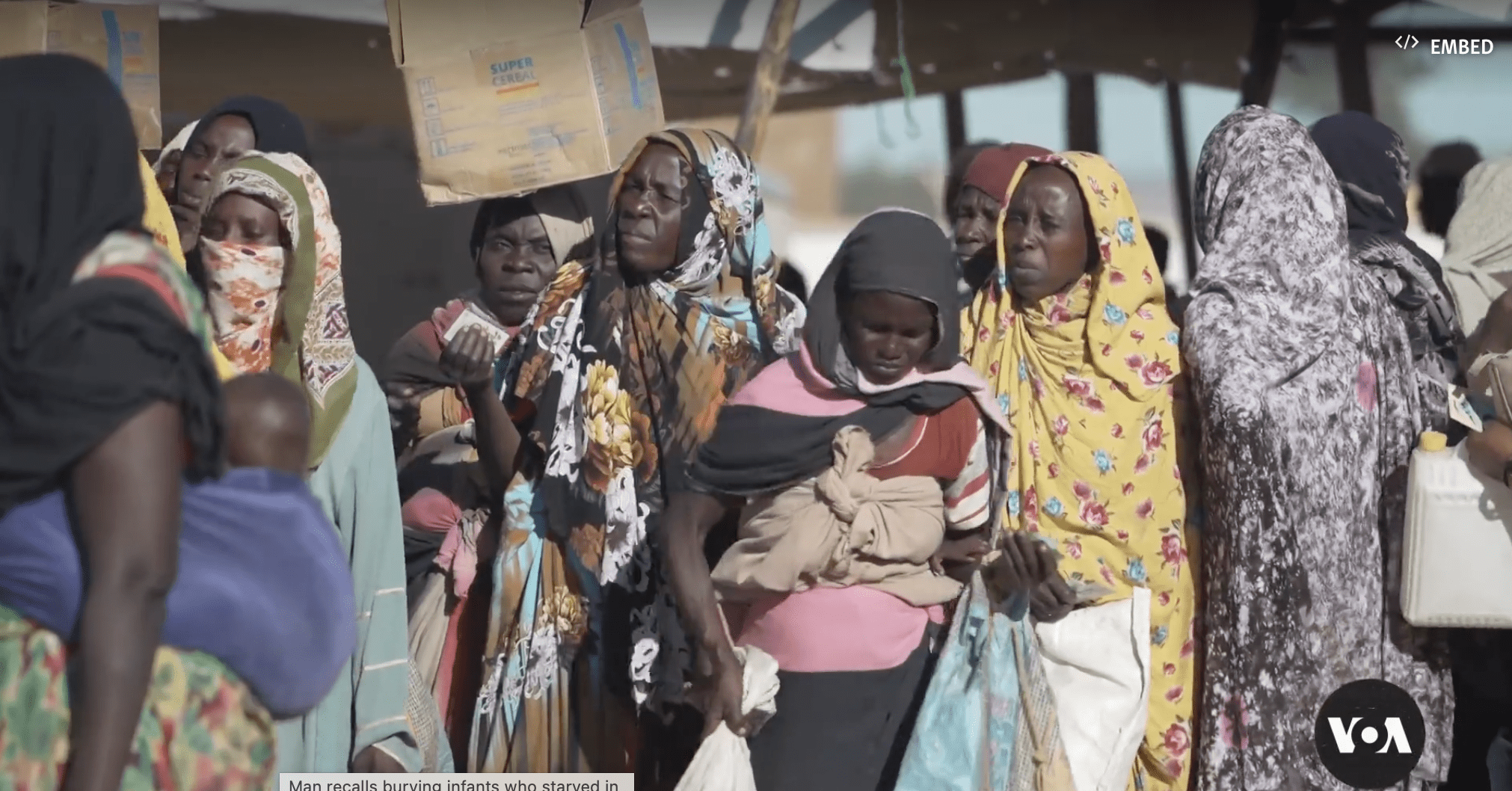Sudanese Prime Minister Abdalla Hamdok is in Washington DC seeking U.S. help in assisting the civilian-led government deal with the deepening economic crisis that threatens to unravel that country’s democratic revolution. Hamdok was appointed in August in the hope that U.S. will take long overdue steps to lift comprehensive sanctions and thereby set a path to rescheduling Sudan’s debt. The civilian government has a very short window of time in which to deliver.
The Administration’s response, according to an article by Cameron Hudson, well-informed about U.S. policy, amounts to: solve our list of problems and only then will we untie your hands.
This business-as-usual approach has achieved little for either Sudan or the U.S.
The U.S. sanctions regime imposed on Sudan has long had the problem that Washington DC changes the rules every time Sudan meets the conditions. The current position is not only an egregious version of that, but something worse: it continues a failed strategy of trying to micro-manage Sudan with sticks and carrots. That policy never achieved much. Now, at a moment when transformational change is possible, brought about by the Sudanese people without an iota of international assistance, Washington DC continues business as usual.
The U.S. concerns are all tactical issues for Washington DC. But the idea that solving them is a precondition for saving the popular revolution is myopic.
Hudson writes that he is worried that if sanctions are lifted, the army will simply take back power. If sanctions are not lifted, however, a reconfigured kleptocratic security cabal, whose political business thrives in the gray zone under the cloud of sanctions, will smother the infant democracy. Or a new round of protests will erupt, providing the pretext for a strongman to seize power.
The big issue is that Hamdok needs economic instruments in his hands to make the necessary changes. Lifting sanctions will empower him to deliver on basic needs. It will open the door to legitimate businesses and make it harder for the crony capitalists who thrive in the dark to prosper. The Sudanese people overthrew a kleptocratic dictatorship by putting their own bodies on the line. The sanctions and policy demands of the U.S. Administration played no part in this triumph. Those who care about Sudan should respect the Sudanese democrats and support the Sudanese priorities.
If the civilian government’s economic plans fail, the rug that has been pulled from under the Hamdok’s feet will have “U.S. Administration” written on it.


